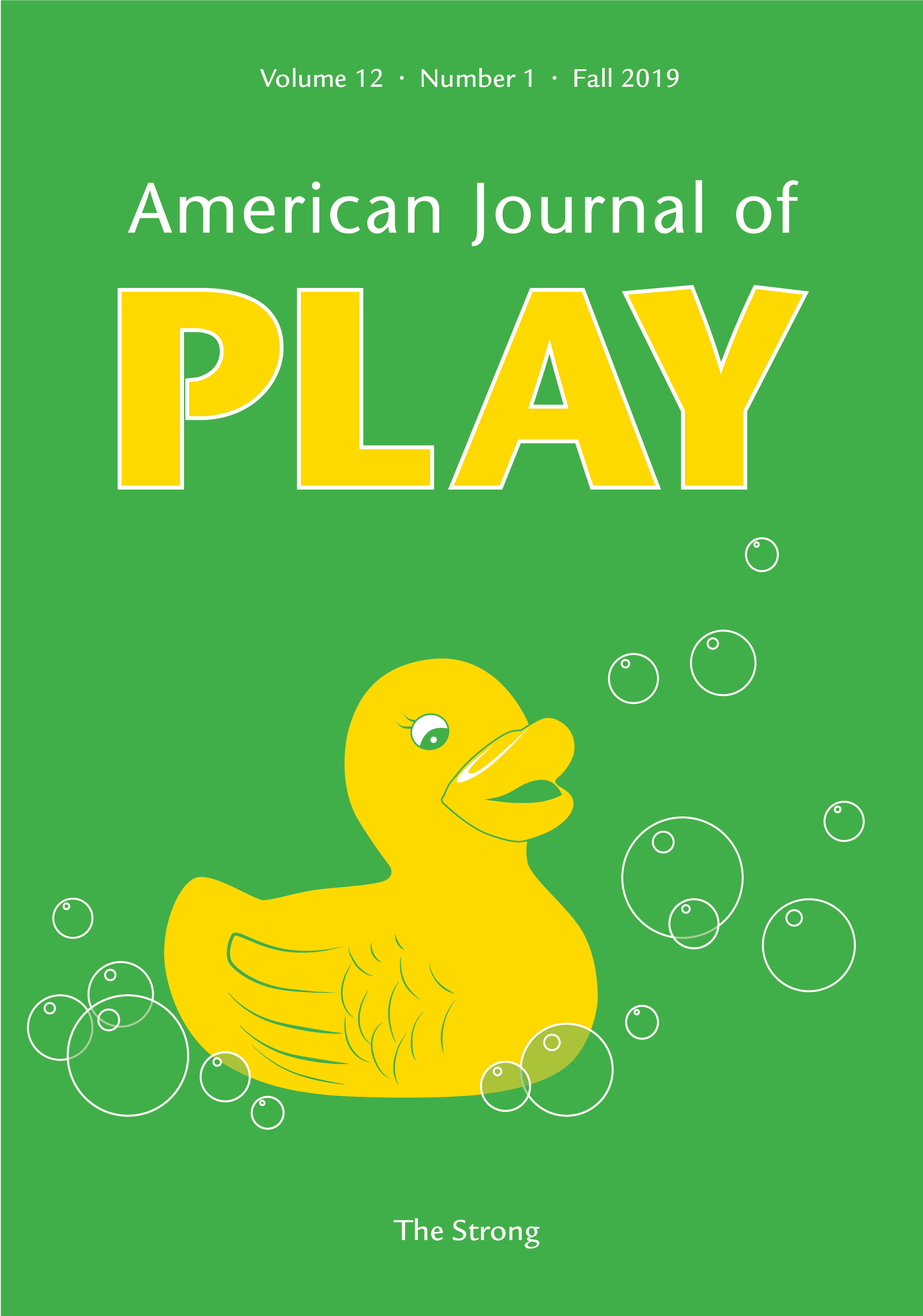Sesame Street and Learning through Play: An Interview with Rosemarie T. Truglio
Rosemarie T. Truglio is the senior vice president of curriculum and content at Sesame Workshop, where she is responsible for the development of the interdisciplinary curriculum on which Sesame Street is based, and oversees content development across platforms such as television, publishing, toys, home video, and theme park activities. She also oversees the curriculum development for all new show production, including Esme and Roy, a series about learning through play, airing on HBO and PBS, and two shows on Apple TV’s Ghostwriter, a reimagined version of a workshop series with a literature focus from the 1990s and Helpsters, whose characters love to solve problems using fundamental coding skills. Before joining Sesame Workshop in 1997, Truglio was an Assistant Professor of Communication and Education at Teachers College, Columbia University. In addition to numerous articles in child and developmental psychology journals, she is the author of Ready for School! A Parent’s Guide to Playful Learning for Children Ages 2 to 5 (2019) and coeditor of G is for Growing: Thirty Years of Research on Children and Sesame Street (2001). She currently serves on the advisory boards of the Child Trends News Service; Read Alliance; The Ultimate Block Party; and The Toy Association Diversity and Inclusion Committee. She previously served on the National Advisory Child Health and Human Development Council (NICHD), the LEGO Foundation Research and Innovation Network, and the PBS KIDS Next Generation Media, among others. She received distinguished alumni awards from Douglass College (2005), University of Kansas (2013), Rutgers University (2014), and the University of Kansas Women’s Hall of Fame (2015). Key words: preschool television programs; Sesame Street; Sesame Workshop; Whole Child curriculum





